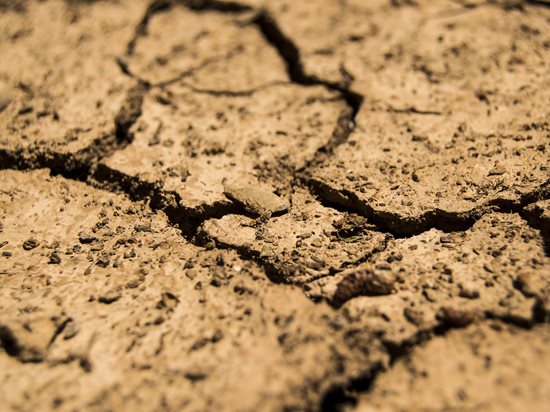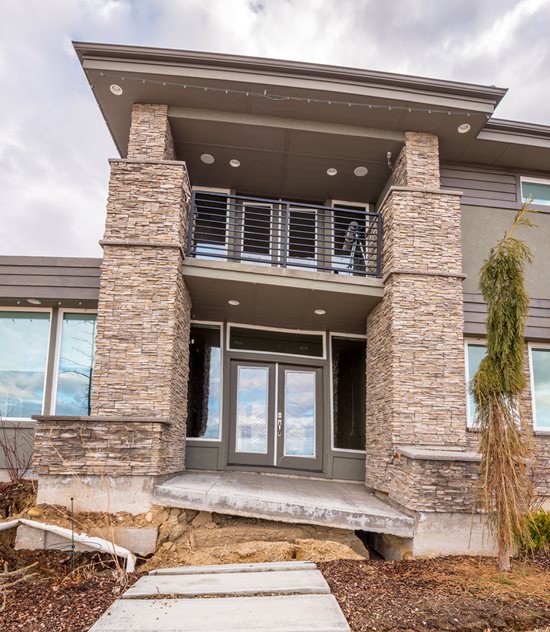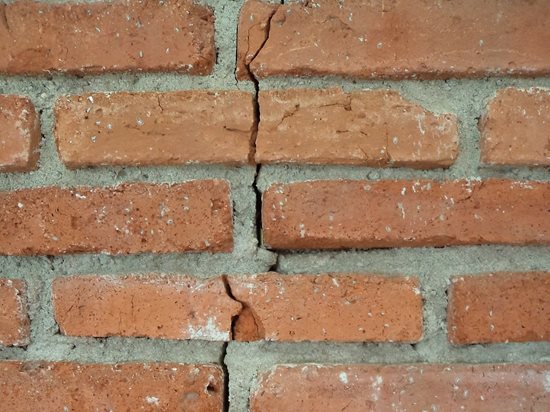- Foundation Repair Home
- Foundation Repair Cost: What are the variables?
- Does Insurance Cover Foundation Repair?
- Foundation Cracks
- Methods of Repair
- Piering: Fixing your home's issues
- Slabjacking: What is slabjacking?
- Related Information:
- Concrete repair: Repair methods and troubleshooting basics
- Read more about foundation information on FoundationRepairNetwork.com
- Houston Foundation Issues: Answers to common questions about foundation problems in Houston
Section Sponsor
Foundation Repair Near Me
FOUNDATION REPAIR HOUSTON
Answers to common questions about foundation problems in Houston
While the Leaning Tower of Pisa is not a local landmark, many Houston homeowners who’ve dealt with foundation trouble can relate.
If you live in the Houston area, chances are you, your family members or your neighbors have experienced foundation problems. The Houston area, and generally all of Texas, is highly prone to foundation problems, with 20% of the national total of foundation failures occurring in Texas (that’s 1 out of every 5).
RELATED: An Expert’s Guide to Spotting Home Foundation Issues in Texas
Here are some questions Houston repair pros hear often:
-
How do you know if you have foundation problems?
If you are noticing cracks in brick work, floors, walls, or stucco; gaps in door frames; windows or doors that don’t operate smoothly; a leaning chimney or sloping floors, these can all be signs of foundation damage.
These are the signs that a Houston-based foundation repair company will look for:
- Uneven or cracked floors
- Cracked walls (interior/exterior)
- Windows and doors out of alignment
- Separation around doorways, windows, or garage
- Visible cracks in the foundation
- Displaced or cracked molding
- Gaps between the walls and ceiling or floor
- Leaning chimney
- Problems with the soil around your home
After determining that there is indeed a problem, the next step is to investigate the cause of the damage.
-
How does Houston’s soil contribute to foundation problems?
Clay soil dominates the Houston area and is the leading cause of foundation issues. If you aren’t sure about your soil type, these are common signs that you are dealing with clay:
- Following rain, your soil takes longer than average to dry out
- During drought, the surface of your soil cracks
- When your soil is moist, you can form it into clumps that don’t easily crumble
Clay soil is very absorbent and soaks up large amounts of water; when this happens, the soil under your foundation swells and puts pressure on the concrete slab. This pressure can cause small cracks that you might not even notice. During the hot and dry times, the soil dries out and shrinks, leaving gaps under your foundation. These gaps can cause the foundation to settle and sink from lack of support, causing those prior unnoticeable cracks to widen.
According to Jean-Louis Briaud, a professor of civil engineering at Texas A&M University, from the driest day to the wettest one, the level of the soil beneath your foundation can vary by up to a foot. This cycle of soil swelling and shrinking can wreak havoc on foundations.
Read more about expansive soils.
-
How does drought contribute to foundation problems?
Extended periods of drought, all too familiar to those living in Houston, can result in soil shrinkage and even depletion of the water table. Both of these can spell disaster for foundations, leaving a gap beneath the slab that can lead to settling.
-
Can foundation damage be prevented with a watering program?
Watering your foundation with a soaker house is something you’ve probably been told to do if you live in Houston. This is done in an effort to counteract the effects of drought and keep the soil from sinking beneath your home’s foundation.
Dotty Woodson, Water Resource Program Specialist at the Texas A&M AgriLife Extension Service, recommends checking to see if the soil is pulling away from your foundation. If it is, water until the soil swells and there is no longer a gap.
Keep in mind that foundation watering is a preventative tactic, not one that will fix existing damage.
-
Are tree roots something to worry about?
Many people in Houston blame tree roots for their foundation damage. You would think this means that the aggressive growth of the roots physically cracks the foundation. However, this is not the case.
Trees are usually a problem because they are heavy drinkers and can quickly deplete the soil beneath your home of moisture. Just like drought, this can lead to settling and shifting of the foundation. Experts suggest planting trees 20 or more feet away from your home to ensure this does not happen.
-
What other situations can lead to foundation failure?
Other causes for foundation issues can include poor construction, poor soil preparation and compaction, and plumbing issues. Also, housing booms in the Houston area have led to homes being built quickly with less care being taken toward soil preparation, as well as homes being built in areas that may not be the most desirable as far as stability of the soil.
Causes of Foundation Problems in Houston:
- Poor soil conditions
- Improper drainage
- Substandard foundation construction
- Inferior ground preparation
- Weather extremes (heavy rains/drought)
-
Aren’t foundation problems more common in older homes?
The age of your home does not matter-even newer homes can fall victim to foundation trouble. Don’t assume that just because your home was built recently that you don’t have to worry about the foundation, act as soon as you think there may be a problem.
-
What does foundation repair cost?
Foundation repair costs can vary widely, from a few hundred dollars to thousands. Factors such as the extent of damage, access to the damaged area, the cause of the foundation failure, and the method of repair to be used are all part of the equation when figuring the cost of repair. Only a professional foundation repair expert can determine what repairs are needed as well as the best course of action. Financing options may be available to assist homeowners.
-
Does homeowner’s insurance cover foundation repairs?
Some homeowner’s policies may cover foundation damage if the damage is caused by a covered incident. However, with most foundation issues being caused by soil conditions, poor drainage, or inferior construction, your policy may not be very helpful. Also, specifically in Texas, there are many laws affecting homeowner claims that protect builders from lawsuits and require mandatory arbitration. The only way to be sure of your coverage is to check your specific policy and speak with your agent.
Learn more about homeowner's insurance and foundation damage.
-
Who can fix foundation problems?
With so many factors contributing to foundation problems and numerous solution options, only a professional can fully diagnose the extent of the damage and the repairs needed.
One tried and true Houston area foundation specialist is:

If the soil around your home is dry and cracked due to drought, you might also have foundation problems.

New homes are not immune to foundation problems-if the soil was not compacted properly, you could see severe damage like this within as little as six months. Photo by: Charles Knowles / Shutterstock.com.






